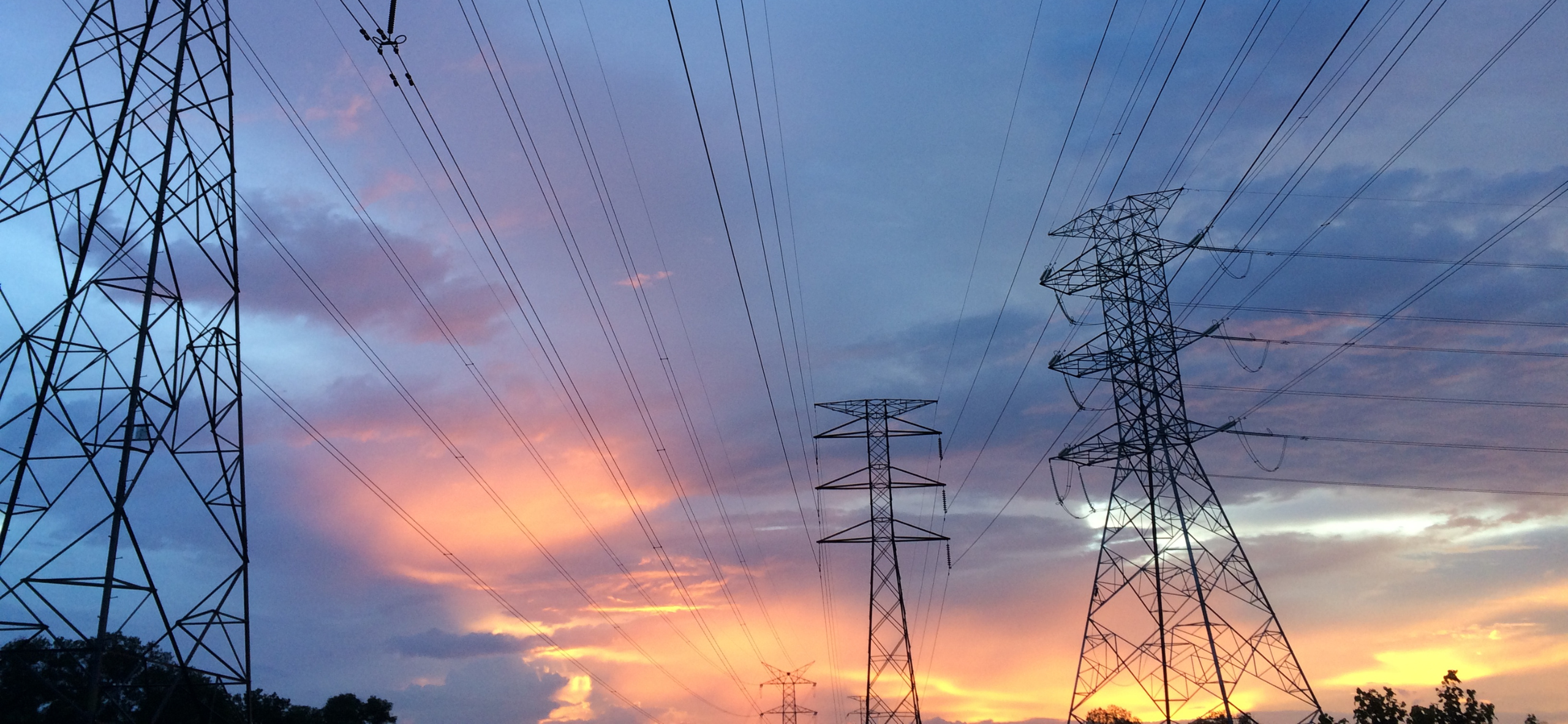
Press Release
FERC Releases New Rule to Improve Transmission Planning in U.S. States
May 13, 2024
Today, the Federal Energy Regulatory Commission (FERC) released its historic rule to improve regional transmission planning and cost allocation. As state legislators who work tirelessly to ensure that their constituents have a reliable, affordable, and resilient grid, NCEL members are encouraged by the ambitious rule released by FERC today.
“U.S. states are at the forefront of transitioning to a resilient and renewable energy grid. It is crucial that states have partners at the federal and regulatory level to ensure this transition happens swiftly, which is why the new FERC rule is a major milestone.” – Ava Gallo, NCEL Climate and Energy Manager
“We commend FERC’s commitment to improving regional transmission and partnering with states for sustainable transmission planning. We look forward to working with and supporting state legislators as they move forward with the next steps in building the energy grid for the 21st century.” – Dylan McDowell, NCEL Executive Director
“As state lawmakers working closely on energy issues, the impact of our work is limited by the lack of federal and regional transmission planning. FERC’s new rule closes this transmission planning gap and will help to meet the energy needs of our constituents more effectively, affordably, and sustainably.” – Maryland State Delegate Lorig Charkoudian
Background
In October, over 230 state legislators from 43 states called on FERC to strengthen and finalize its transmission rule quickly. This letter included four key requests – including a more holistic focus on transmission benefits – all of which were included in the final rule.
Order 1920 requires utilities to plan at least twenty years into the future, weigh at least seven categories of benefits when considering approval of transmission applications, consider grid-enhancing technologies (GETs), and center states in determining cost allocation. The focus will now shift to states and grid operators to maximize the opportunities presented by this rule.
Many states are already considering grid-enhancing technologies within their own jurisdictions. In 2023, Colorado passed major legislation to increase the use of GETs. This year, at least nine other states introduced similar policies with bills passing in Virginia and Maine.
To learn more about how states are already taking action to build the energy grid of the future, visit NCEL’s Utilities and Transmission webpage.